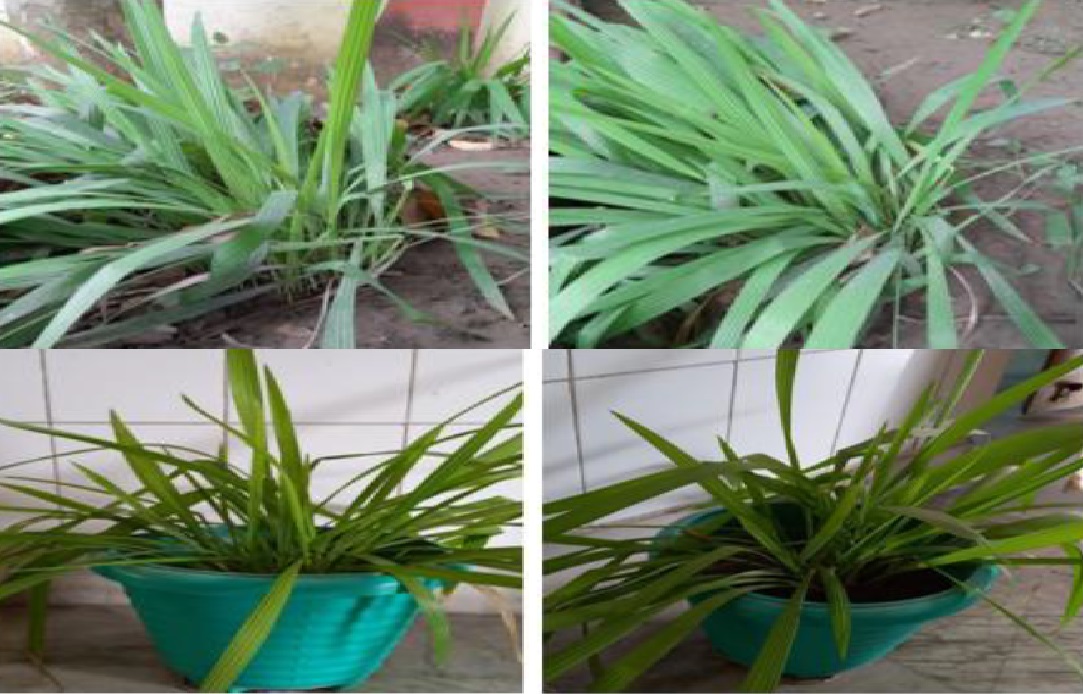A Review of the Therapeutic Effect of Musli in (Chlorophytum Borivilianum) Sukra Alpata which Correlates to Oligospermia
DOI:
https://doi.org/10.47070/ijapr.v11i7.2850Keywords:
Oligozoospermia, Kshina Shukra, Kshina Retasa, Talamulika, Rasayana, AphrodisiacAbstract
Male infertility is one of today's most pressing issues, and the prevalence of this condition is rising owing to a change in lifestyle. Low sperm count denotes a lower-than-normal sperm count in the semen you produce during orgasm. Oligospermia is another name for low sperm counts. A zero sperm count is referred to as azoospermia. Oligozoospermia is a disorder associated with male infertility that is characterized by a low sperm count. Ayurveda, the Indian medical system's science, defined several terminologies linked to male infertility, including Kshina shukra, Alpa Retasa, and Shukra dosha, which are similar to disorders connected with oligozoospermia. Ayurveda also described several medications for treating oligozoospermia. Musli is the most widely used remedy for oligospermia. Musli is one of the well-known medications described in Ayurvedic texts. Musli has exceptional aphrodisiac and revitalizing qualities. It is beneficial to overall health development. In Ayurveda, musli is also known as Talamuli, Suvaha, Talamulika, Deerghakandika, and Talapatri. It is a Rasayana medication that is useful in Ayurvedic Materia Medica for vigor and vitality. Sweta Musli's therapeutic value has long been praised and supported due to its aphrodisiac properties. Samhita Sweta Musli and Krishna Musli are the two main varieties of Musli. It works to treat impotence, and infertility, increase male potency, and has immune-modulating and adaptogenic qualities.
Downloads



